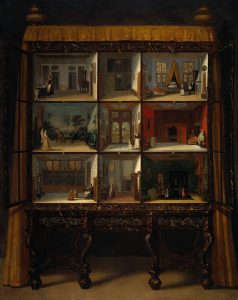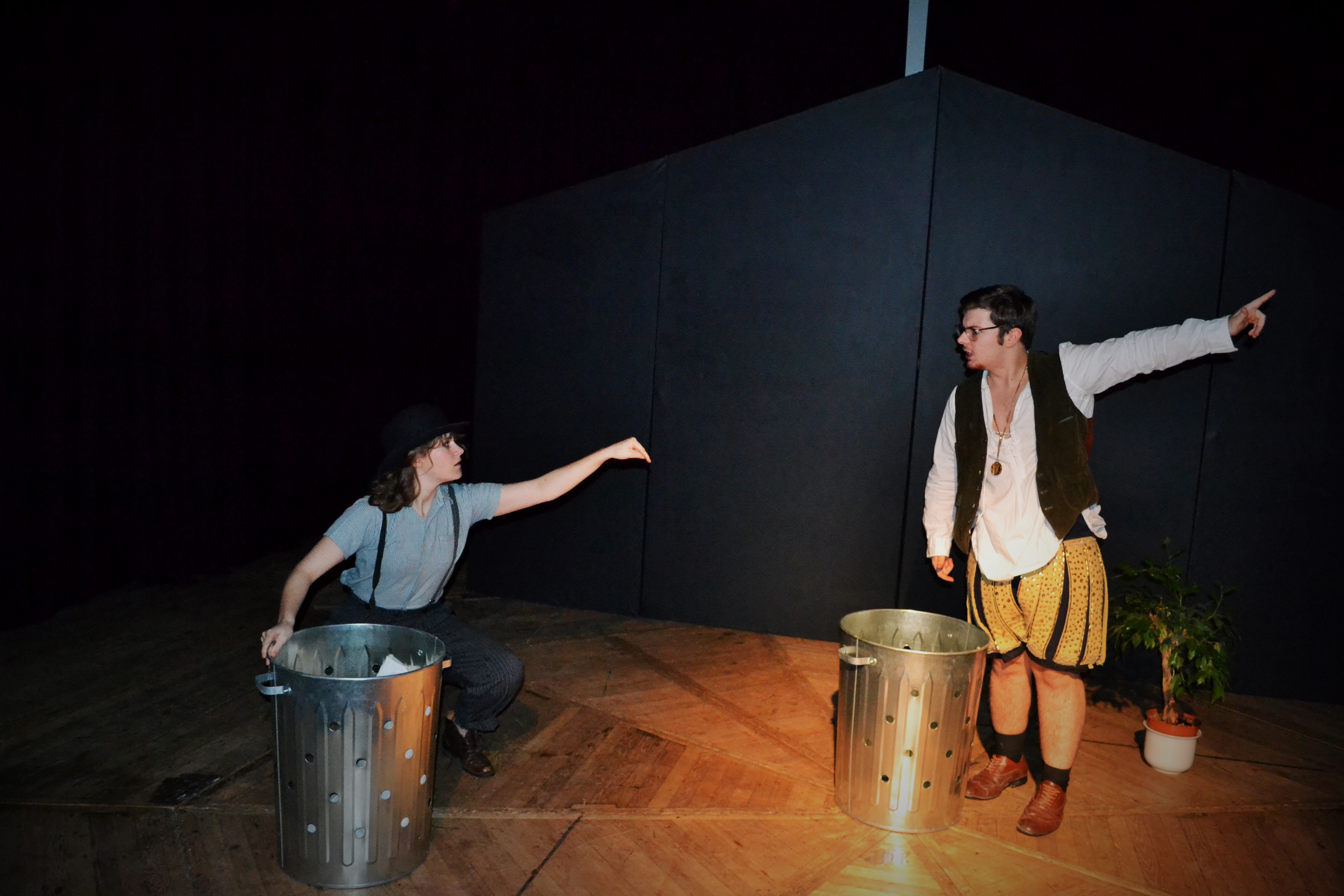English author Jessie Burton has made a rapid rise to success over the past few years, writing numerous unique novels that have grabbed the public’s attention. Burton has used her writing talents to create unique pieces of feminist literature that are inspired by already existing pieces of work.
In 2014, Burton published her debut novel The Miniaturist, which is set in Amsterdam in the 1680s. This novel’s inspiration stems from Petronella Oortman’s doll’s house, displayed at the Rijksmuseum. This extremely famous piece of art was incorporated into her novel through following Burton’s fictionalised account of Petronella Oortman’s life.
Burton’s novel caught the attention of literature and art lovers everywhere, with Burton incorporating feminist ideals into her narrative to move away from patriarchal literary constraints and create her own, unique feminist protagonist, inspired by a real-life, talented woman.
The Miniaturist has since been made into a BBC mini-series, further catching the public’s attention. Burton even featured in the series herself, appearing in a cameo role, allowing her to become actively involved with the adaptation of her work.
Although she is best-known for her debut novel, Burton has since released two more novels. The first of these was The Muse, which was published in 2016 and follows the story of an aspiring artist, Odelle Bastien, who lacks confidence in their talents.
This novel tackles different themes than her debut novel, showing how public acclaim and popularity can affect creativity. This may be drawing upon her own experiences being heavily defined by The Miniaturist, having to fight to have her other work seen amidst the success of her debut novel.
Burton has definitely shown the public that she is capable of anything, with The Muse matching, and some may even say exceeding, the uniqueness of The Miniaturist.
Image Credit: Jacob Appel
Her latest novel, The Restless Girls is a piece of illustrated fiction inspired by The Twelve Dancing Princesses, one of the famous Grimm fairytales. Illustrated by Angela Barrett, the book itself has a magical quality about it, supported by Burton’s eloquently constructed narrative within the novel. Although people say not to judge a book by its cover, Burton’s novel definitely lives up to the beautiful, eye-catching cover of her novel.
Despite the differences in her three novels, they all aim to empower women, whilst simultaneously drawing attention to historical gender imbalances.
Using already existing narratives and changing their perspective is not a new idea. Angela Carter is another famous writer who is well-known for creating her own versions of existing stories. Carter’s collection, The Bloody Chamber, are rewrites of traditional Grimm fairytales, something that Burton has similarly gained inspiration from.
In writing her own versions of histories and stories, Burton is exposing the vulnerable position women are placed in within literature, subverting traditional ‘damsel in distress’ tropes and other images of female passivity.
There is still much more feminist literature to be seen from Burton, as she has another book due to come out in 2020. This new novel will explore ideas surrounding objectification by following Burton’s new version of Medusa’s well-known narrative. It will, no doubt, live up to the high standards of her previous work.
From the beginning of her career, Burton wanted to show that women could have a voice of their own, after being continuously ignored by men in positions of authority herself. There is no doubt that Burton has proved this point, both through creating strong female characters for her readers to aspire to, but also by showing aspiring female writers that you can create power through your words. Her career is something to be admired, with Burton continuing to challenge societal norms and give women a voice within historically patriarchal literature.
If you are looking for a new author to get enthused about, then Burton’s books are definitely worth reading, with her unique perspective on well-known stories giving women new, feminist narratives to aspire to.
Image Credit: Ben Turner





